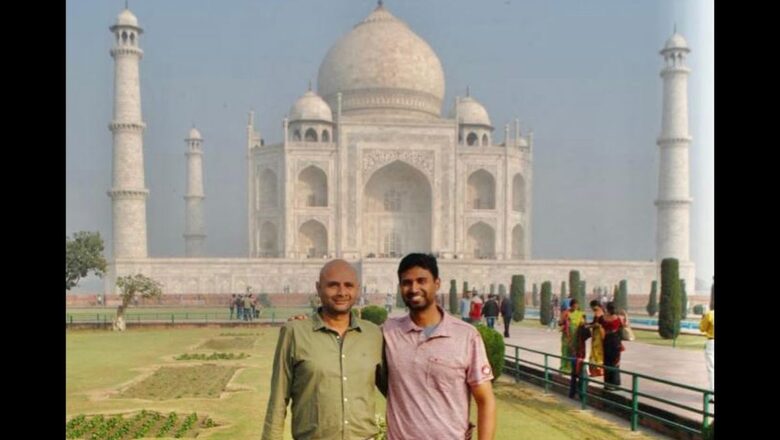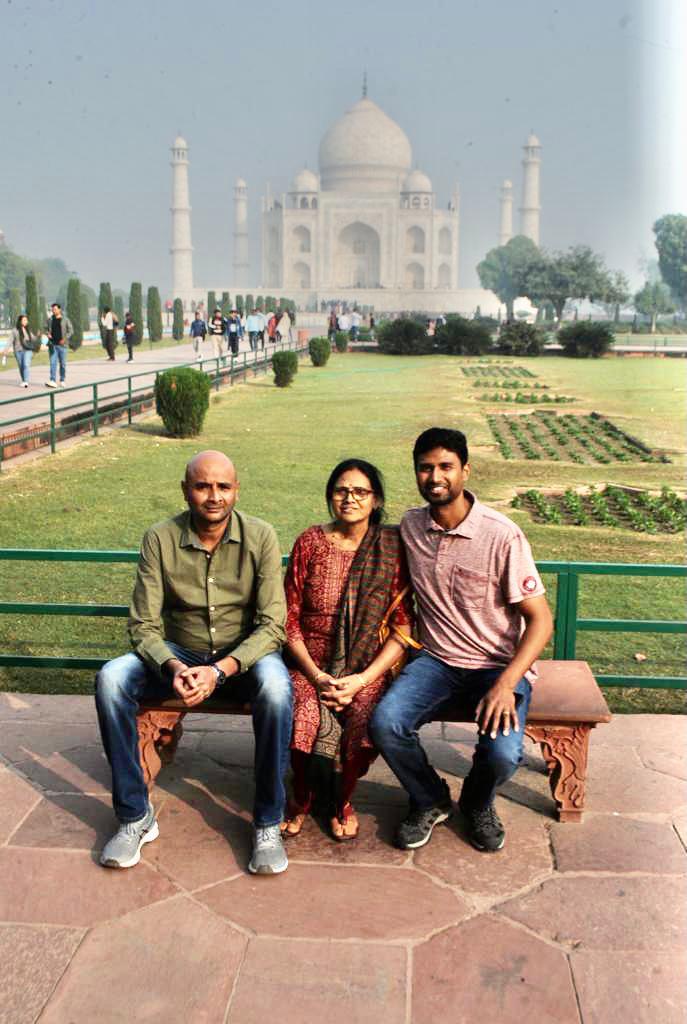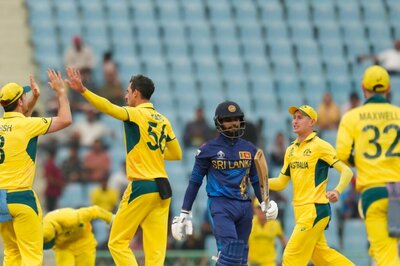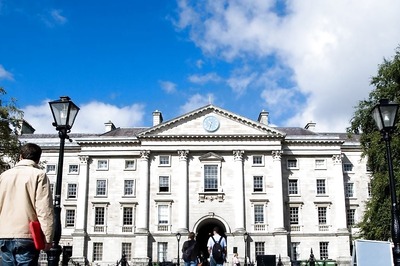
views
During the outbreak of Covid-19, 39-year-old Manikandan Ayyappan would set up ‘langars’ in ‘jhuggis’ in eastern Delhi. From setting up cold water stalls during hot summers to distributing food to poor kids, Mayur Vihar-based Ayyappan, a spice merchant, believed in ‘karma’.
An unmarried Ayyappan lived with his mother while his elder brother worked in the United States. Late in the evening of February 22, he suddenly fell unconscious and was rushed to the emergency department of the Dharamshila Narayana Superspeciality Hospital in his neighbourhood.
“Intracranial bleeding and seizures were identified as the cause of his fall,” Dr Ashutosh Bhardwaj, director of critical care at the hospital, told News18.com.
Ayyappan was brain-dead.
“Upon understanding that he has lost his brain function among others, the family was informed about his condition,” the doctor said.
While family refusal remains one of the top reasons for lower organ donation rates in India, Ayyappan’s family wanted to go ahead.

“The decision was unanimous when doctors said there is no hope as his brain is dead. We decided to let him rest,” Ramakrishna, Ayyappan’s brother, explained.
“The decision to take him out of life support was difficult but we were not confused about organ donation,” said Ramakrishna, who himself has registered for organ donation.
“We knew he would also have wanted to donate organs if he was put into the same situation,” he told News18.com in a WhatsApp chat. “My brother would have cherished our decision of (donating his organs and…) giving life to other people even after his death.”
How were Ayyappan’s organs used?
The doctors, in accordance with NOTTO (National Organ & Tissue Transplant Organization), prepared the donation of his liver, kidneys, pancreas and heart which could potentially give life to four to five individuals with organ failure.
On February 28, his liver was transplanted to a young girl studying in Class 11 and suffering from liver failure for about five years.
One of his kidneys has been transplanted into a government teacher in Dharamshila. The woman was forced to leave her job due to kidney failure and was surviving on dialysis for the last 1.5 years.
The second kidney has been transplanted into a 42-year-old woman at Max Hospital, Vaishali, whereas the heart has been transplanted into a 52-year-old man at Maharaja Agrasen Hospital.
For the liver, the waiting time for getting the donor stands anywhere between 30 days to five years, whereas according to National Kidney Foundation, the average time frame for waiting for a donated kidney is around three-five years at most centres but longer in some parts of the country.
“The other organs were transferred through NOTTO with the help of a green corridor to different hospitals with the support of traffic police and authorities of east Delhi among others,” Bhardwaj, Ayyappan’s doctor, said. “This is how organ donation from one donor has given hope of life to multiple other families.”
Status of organ transplant in India
There is a wide gap between patients who need transplants and the organs that are available in India.
While India conducts the third-largest transplants in the world every year, hardly four per cent of the patients requiring heart, liver or kidney transplants manage to get the donation on time.
According to government data, an estimated 1.8 lakh people suffer from kidney failure every year. However, the number of renal transplants is only around 6,000.
An estimated two lakh patients die of liver failure or liver cancer annually in India, about 10-15 per cent of whom can be saved with timely liver transplant. Hence, about 30,000 liver transplants are needed annually in India but only about 1,500 are being performed.
The Union Health Ministry, in February, announced small but important changes to the organ transplant rules, indicating the government’s inclination to end the dilemma.
Some changes include doing away with an age cap that reduced the number of organ donors apart from removing the domicile-related restrictions.
Read all the Latest India News here



















Comments
0 comment